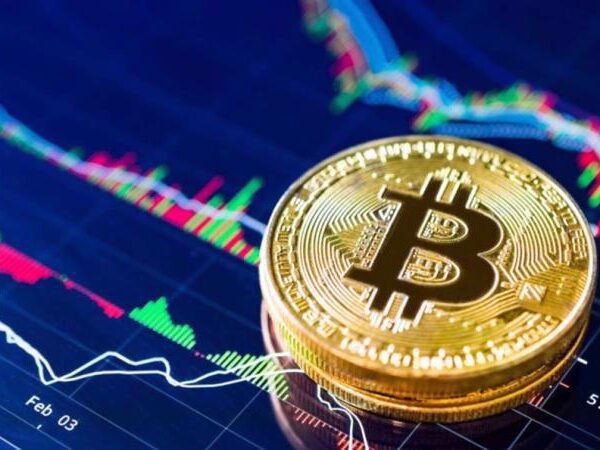Vietnam is set to strengthen its legal framework concerning virtual assets by May 2025. The Ministry of Finance, along with relevant departments, is actively researching and constructing a legal framework to regulate or prohibit virtual assets and organizations providing virtual asset services, with completion expected in May 2025.
The development of legal frameworks for virtual assets and service-providing organizations aims to mitigate risks related to money laundering and terrorist financing associated with these types of assets. This initiative seeks to promptly remove Vietnam from the Financial Action Task Force (FATF) Enhanced Follow-up List, ensuring maximum national benefits based on robust legal safeguards.
National Action Plan:
As part of Vietnam’s National Action Plan to fulfill commitments in anti-money laundering, counter-terrorism financing, and the proliferation of weapons of mass destruction, the government has assigned the Ministry of Finance to perfect the legal framework for virtual assets. Simultaneously, the State Bank is tasked with assessing money laundering risks in casino businesses, games of chance, and virtual assets, with completion targeted for September of this year.
Additional Measures:
The government also demands specific plans from relevant departments regarding high-risk areas such as cash and gold transactions in the economy used for real estate purchases and corruption.
Current Scenario:
Presently, virtual currencies like Bitcoin and Ethereum are gaining popularity in Vietnam. Digital currencies have attracted significant attention from investors in recent years, with continuous increases in their values. The application of virtual and digital currency technology is becoming increasingly useful for businesses, and some countries have legitimized virtual currencies as a payment method. However, Vietnam lacks specific regulations governing virtual and digital currencies.
Past Efforts:
In the past, the government assigned the State Bank to research and experiment with virtual currencies to prevent money laundering risks in the banking system. Despite several assertions that virtual currencies are not legal tender in Vietnam, the amendment to the Anti-Money Laundering Law did not legalize virtual or digital assets.
Legislative Calls:
Two years ago, the National Assembly urged the government to establish a legal framework addressing the risks associated with virtual currencies, digital currencies, and virtual assets, considering their implications for participants and the Vietnamese economy.
Current Challenges:
Despite legislative efforts, the buying and selling of virtual assets in Vietnam are still conducted quietly through international exchanges or direct agreements, posing risks of money laundering for individuals involved.
Risk Factors:
The existence of numerous risks in virtual assets, such as price volatility independent of intrinsic value, has been evident. Notably, previous instances of price bubbles in late 2011 and early 2014 led to significant global economic damage and instability. Therefore, without effective government oversight, virtual asset businesses may pose substantial risks for investors.
- Google Maps to revolutionize navigation with Satellite features, eliminating dead zones - April 22, 2024
- East Asia’s Growth Outpaces Global Average Amidst China’s Economic Challenges, Says World Bank - April 4, 2024
- EU Probes Apple, Google and Meta for Potential Violations of New Digital Law - March 27, 2024

